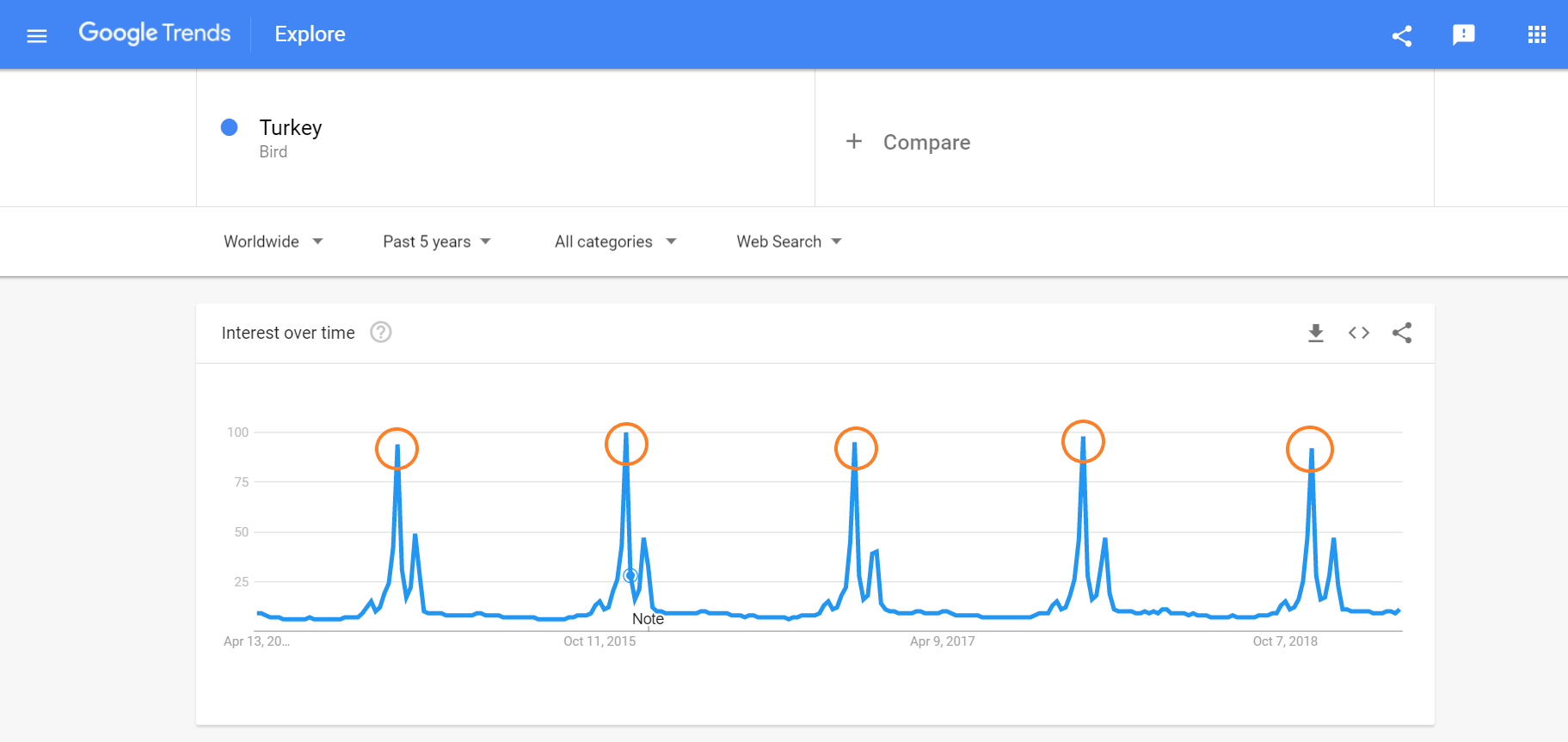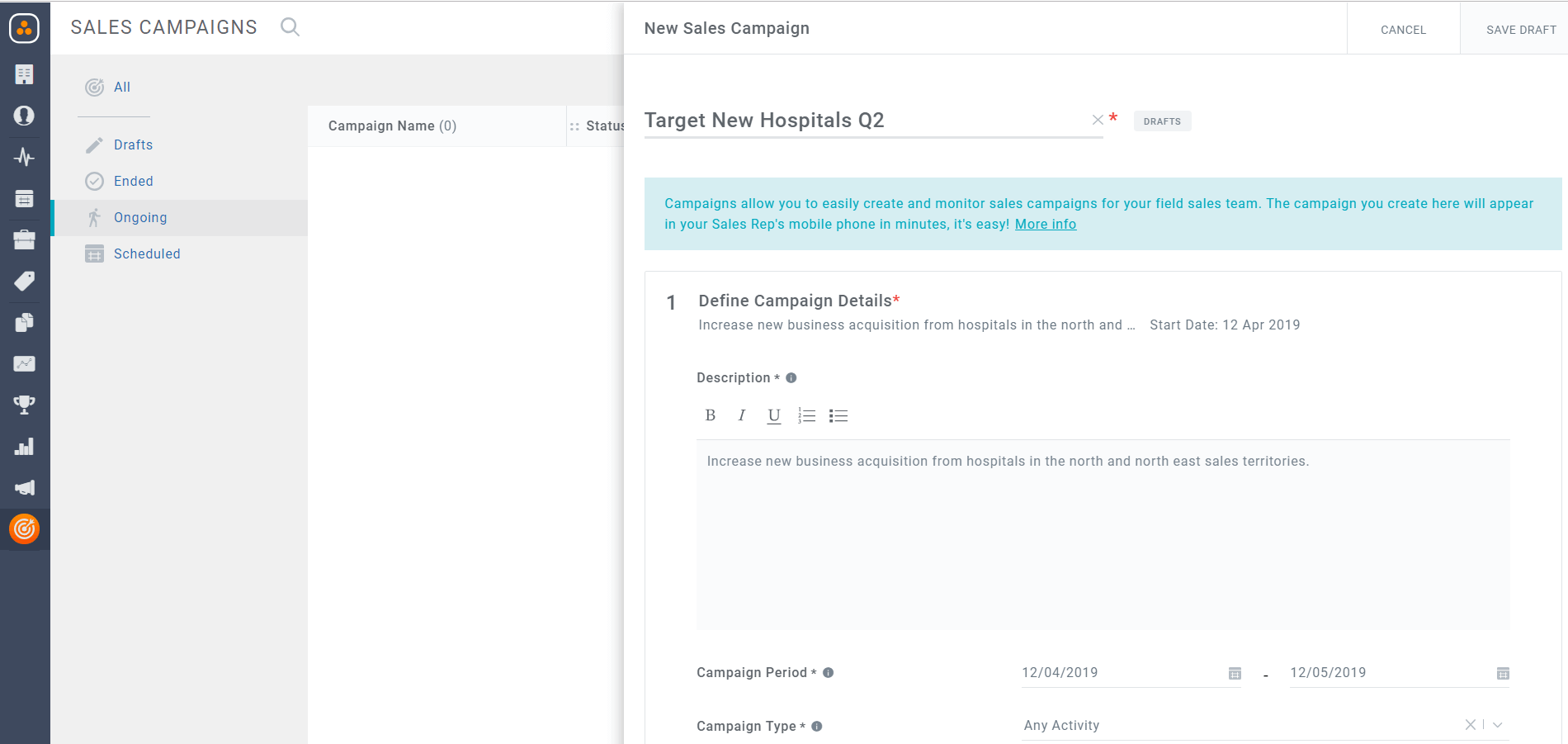The sky’s the limit in terms of creativity and possibility when it comes to sales campaigns. But with so many options out there, how do you know where to start? And more importantly, how can you be sure your campaign will be successful? Never fear! We’ve put together a list of essential steps for planning a sales campaign that will bring in results. So whether you’re looking to increase brand awareness or drive conversions, read on for everything you need to get started.
Sales Campaign
A sales campaign is a marketing effort to increase sales of a product or service. Typically, a sales campaign is focused on a specific period, such as a month or quarter, and has a specific goal, such as increasing sales by 10 percent.
A sales campaign may include various marketing activities, such as advertising campaigns, promotions, public relations, and direct marketing.
What is the sales campaign process?
Before beginning a marketing campaign, you should first determine your goals. Once you’ve determined what you’d like to accomplish, you can assign tasks to team members and set a time frame.
So let’s begin with the first point – why?
Why did you decide to launch this campaign?
If you’re looking to increase sales during the holiday season, running a holiday sale is a great way. You can ensure that people remember your business when looking for a good deal by offering a special deal.
Before setting up a new campaign, make sure you know exactly why you’re setting it up.
Before making your decision, I would look into your CRM system to see any correlations between your sales and specific times of the year.
If you have data that suggests previous sales campaigns were successful during a certain time of year, it may be worth running another campaign during that same period. Data-backed decisions are usually more reliable than gut feelings.
If you’re looking to find sales data, try using a real-time data tool such as Google Analytics. This can help you make better, more informed decisions.
This graph shows a sharp rise in searches related to “Turkey” beginning in October, peaking in November, and then dropping again. This suggests that people are thinking about Turkey as the holidays draw near.
It would make sense that Black Friday and Cyber Monday would be the two busiest shopping days of the year, as everyone starts to look for the best deals on turkey and Christmas gifts.
When planning your sales strategy, make sure to research keywords related to your industry. This can help you pinpoint when customers may be searching for your product so that you can plan your campaigns accordingly.
Running a sales campaign for the end of the year is a great way to rally your teams around a short-term, specific, and measurable objective. This is usually tied to a larger, longer-term, and more complex business initiative.
A sale or promotion can be a great way to capitalize on certain times of the year. For instance, you can launch a sale around holidays like Thanksgiving, Christmas, and New Year’s.
So, in essence, a definition for the term “sales campaign” is:
A targeted list of people to contact about a particular product or service.
Sales campaigns provide reps with an opportunity to sell and customers with an incentive to buy within a limited timeframe. This sets sales campaigns apart from regular sales work, as it provides a sense of urgency for both parties involved.
Sales Campaign Objectives
Once you’ve decided that your campaign is worthwhile, you’ll need to set some goals or metrics for reps.
These sales metrics will help you measure the effectiveness of your campaign and help your sales team stay on track. Your team can more easily determine success and make adjustments as needed by having clear, measurable targets.
If you and your team aim to close $10,000 in sales over a 3-4-week period, and you’ve only managed to hit $3,500 after 2 weeks of work, you need to increase your sales rate to reach your target.
When defining your objectives for a marketing campaign, it’s important to be as precise as possible. This will prevent any confusion about a successful outcome and give your sales reps a target to strive for.
Who will be in charge of executing the campaign?
After deciding who will be carrying out the campaign, the next step is figuring out who will be responsible for each aspect of the project. For example, if it’s a local or national sales rep, it might be best for the manager and team. On the other hand, if it’s a vertical-specific initiative, you may need to speak to the managers of clients within that sector.
It’s important to know how many people will be working on your campaign. This will help you understand how many goals can be broken out.
How long will it run for?
The final step is to decide how long your outbound campaign will last. Again, this will be determined by your overall objective and whether yours is a short-term or long-term project.
Sales campaigns are most effective when run for a short amount of time. This keeps your team motivated but ensures that your reps don’t lose interest.
A monthly or quarterly sale is the sweet spot for these campaigns.
What are some sales campaign ideas?
Now that we’ve covered the basics of the sales process let’s explore some potential campaigns.
Another common type of telemarketing is the temporal or season-based one.
This doesn’t need to be a holiday season but could be any time of the year when there’s an increased need for your product.
Take a look at your previous year’s sales reports from your manager.
When reviewing your previous year’s sales figures, look for trends or patterns. For example, if you notice that a certain product or service sold particularly well during a particular season, you can target your marketing efforts toward that product.
The seasonal sales process:
WHY: Use our natural, temporary spike in interest in our product or service to our advantage
GOAL: To increase sales by 70% over the Christmas New Year’s holiday
WHO: The entire sales region
DEADLINE: 2 Weeks
Sales Campaign Process for Industry Event
Events are another great way to target your prospects. These events will naturally create a buzz that you can feed into your campaigns.
If you are in the medical or healthcare industries, setting up campaigns for conferences is a great way to target people interested in your product. This increases the likelihood that they will be receptive when you make contact.
Industry Event Campaign Process
WHY: An opportunity to contact a large group of people quickly.
GOAL: Get 30 in-person demos
The HIMSS and Medtech teams
The duration of this campaign is 5 weeks.
Clearing House – Sales Campaign Process for Clearing House
So, your business has introduced a brand-new product that customers love. Your sales are up, and you’re on track to meet your quarter’s forecasted revenue.
But with all the hype surrounding your upcoming product release, you have inventory overstock sitting in your warehouse, collecting dust and taking up space. How do you get your employees motivated to start selling the product again?
A great way to handle this is with a Sales Campaign.
If you’re looking to get rid of some old inventory, a short and sweet sales campaign could be needed. By offering the right incentives, you can turn that dust into revenue.
The sales campaign for “Clearing the House” involves:
WHY: Turn revenue on unsold inventory
60% of sales quotas for old inventory will be met over the 3 months.
WHO: The entire sales region
4 WEEKS
The tools you use to execute your sales campaigns
Now that you are armed with a sales process and have ideas for which areas of your market you can focus on, it’s time to start looking at tools to help you execute your sales campaigns.
Most sales reps have systems to help with their reporting, route planning, and follow-up.
While mobile CRM software can help you track your campaign, it’s best to use a program with a built-in campaign manager.
-Create and manage your campaigns-Set up automated email sequences-Track results and ROI
Campaign management software makes it easy to get campaigns off the ground. You can use it to:- Clearly define why a campaign is being executed- Establish quantifiable goals- Select which reps will be executing the strategy- Set the start and end dates of the campaign.
The Call Tracking module is fully integrated with your CRM system, allowing you to monitor the progress of your campaigns in real-time.
Your field sales reps have quick access to their campaigns on their phones, where they can monitor the progress of their teammates.
This ability to monitor the campaigns’ progress is also useful during their execution.
Bonuses, commissions, and spiffs incentivize most sales reps. This encourages them to complete their tasks, such as making a certain number of phone calls or closing a certain amount of deals.
One way to get your employees motivated is by offering them an incentive if they reach their target. However, this might not be possible for small businesses that can’t afford it.
One method to motivate your sales reps is to hold an in-house competition. This will motivate everyone to do their best without requiring you to spend too much.
Analyzing Your Call Campaigns
Once you’ve finished your outbound sales campaigns, take the time to analyze your results.
If your CRM system has a built-in Sales Campaign Module, you can quickly and easily download the results into an Excel Grid, PDF, or preferred file format. This makes it easy for you to analyze and track the success of your campaigns.
If you’re not using a dedicated mobile app for tracking your outbound campaigns, you can export a CSV of your sales activity. Include the columns that separate your activities by campaigns, and you’ll be able to track your performance easily.
When reporting on the results of a lead generation campaign for new clients, you should make sure to include the below information:-The amount of new business you brought, the in-The total amount of revenue you earned-The number of people you met-The amount of money you spent
If you are looking to create and implement a marketing campaign that targets new business, you will want to include some important information in your sales and marketing reports. This would include the number of new opportunities generated, the revenue generated from those new customers, the in-person meetings, phone calls, and emails made to potential customers. By tracking this data, you can measure the effectiveness of your marketing campaigns and make adjustments as needed.
Once you’ve gathered the information you need, it’s time to determine whether your marketing strategy was a success or not.
Suppose your sales reps achieved all their targets; congratulations! Ask yourself (and your team) why this campaign was so successful and what you can do to replicate this success in the future.
If they didn’t meet their sales goals, you still need to go through the same sales process. Why did it fail?
Were the goals set for this campaign too aggressive? Were the targets for in-person meetings not high enough to positively impact the efforts?
This campaign may have revealed some weaknesses in the team that could be addressed by sales training.
Regardless of what type of sales process you’re following, analyzing your sales campaigns will always be necessary.
Sales reps can use campaigns to focus their efforts on a specific goal.
The success of sales representatives is crucial to hitting your yearly or quarter goals. By motivating your reps and giving them the right tools, you can increase the likelihood that they will hit their quotas.
Conclusion
The sky’s the limit in terms of creativity and possibility when it comes to sales campaigns. But with so many options out there, how do you know where to start? And more importantly, how can you be sure your campaign will be successful? Never fear! We’ve put together a list of 8 essential steps for planning a sales campaign that is guaranteed to bring in results. So whether you’re looking to increase brand recognition or drive conversions, read on for everything you need to get started.
Request a Data License and Access the World's People + Company Data
Want 300 million+ profiles at your fingertips? Updated monthly with the data on your own server/host!
Including personal emails, business emails, mobile numbers, mailing addresses and more.
You get net worth, ages, company data, and more.
Use it for cold outreach, paid ad campaigns, direct mail, social selling or even cold calling.
Use it with unlimited access for your own app, outreach campaigns, or as a client service.
Oh, and did I mention we can identify individuals visiting your, or your client's, website?
Contact us for how you can access the entire dataset, on your own server. No more API limits, no price per contact.
[/scWant to help contribute to future articles? Have data-backed and tactical advice to share? I’d love to hear from you!
We have over 60,000 monthly readers that would love to see it! Contact us and let's discuss your ideas!


